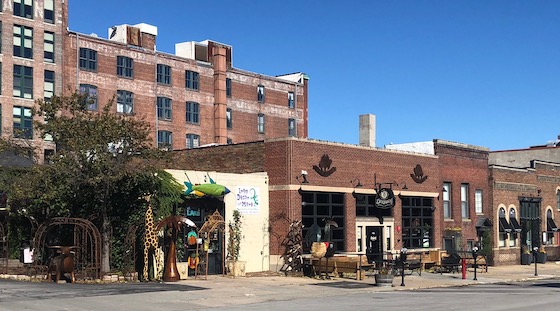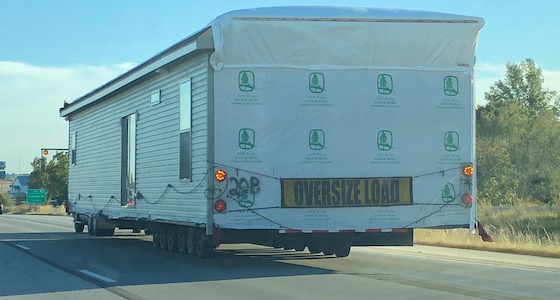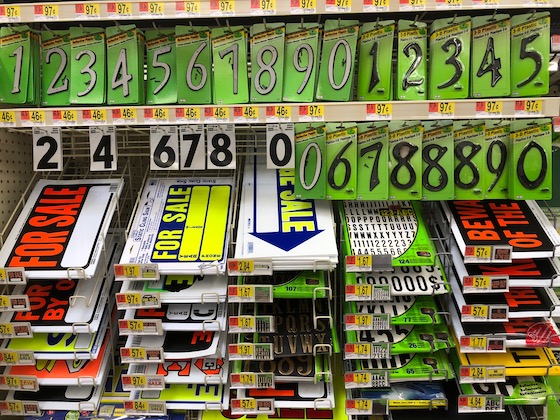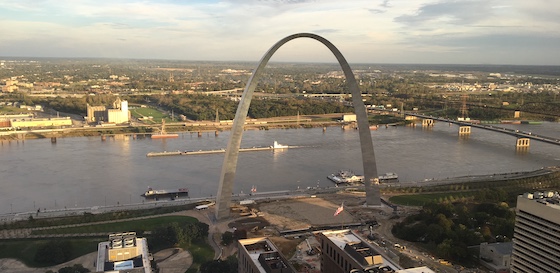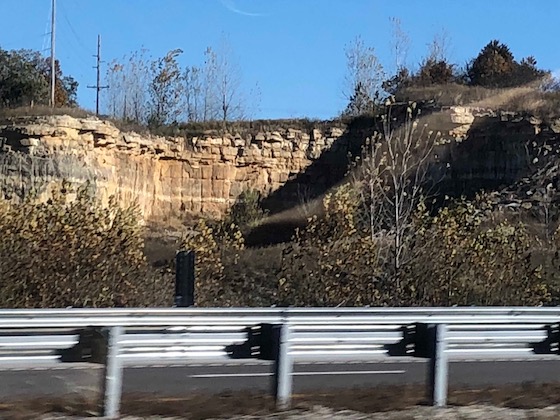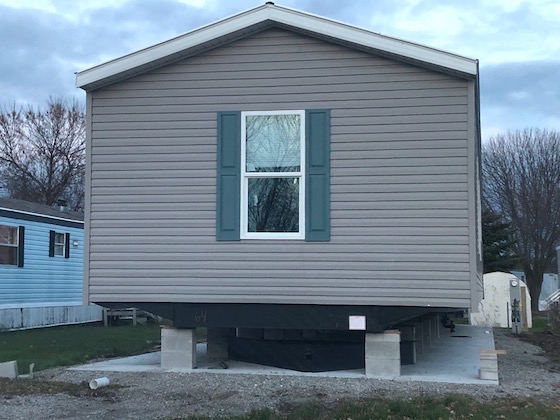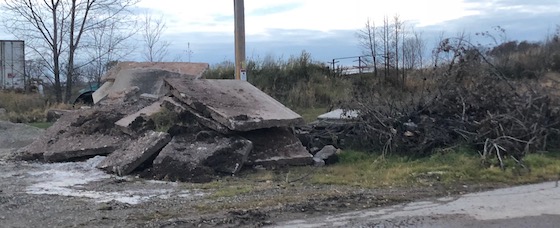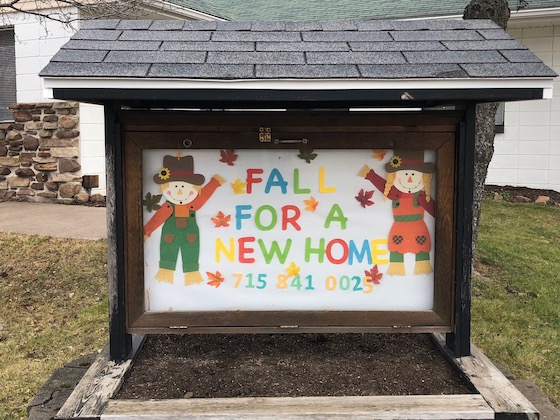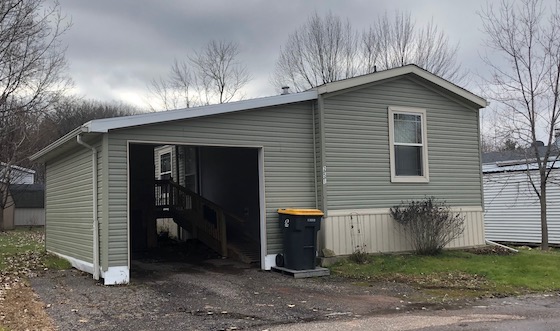The British faced an incredibly difficult playing field in World War II. They faced nightly bombing while worrying each day about an imminent invasion. All the while, they were trying to manufacture tanks and planes and produce crops to feed millions of people. A popular war poster for Britain said “Keep Calm and Carry On” as a reminder of what to do during the crisis. And that lesson still holds true for park owners.
Step #1: Gather the facts
Whenever disaster strikes your park, the first thing to do before getting excited or worried is to simply gather the facts. Do so calmly and impartially. Don’t let somebody get you worked up with their personal opinions of what is occurring. Instead, simply gather the concrete who, what, where, when, how.
Step #2: Vet the sources
But you still can’t take those facts as legitimate until you vet the sources. For example, if a plumber tells you “this sewer system is a total catastrophe and we need to replace 100’ of line fast” that’s not something you can rely on because they have a vested interest in making you replace the sewer line. And if the manager tells you the same thing, they are clearly not qualified. Smart owners want to see smart phone photos and then talk to several sources of information to figure out the truths from the fake news designed to make you spend money.
Step #3: Stay in command
It’s important to always remember that you own the park and, as a result, you hold all the cards. Don’t let some manager or vendor try to displace you from being the decision maker, as nobody should be spending your money other than yourself. The words “I thought that’s what you would want me to do” is the prelude to economic catastrophe. No manager or vendor should be given the authority to sign any contract or make any commitment without your complete approval.
Step #4: Don’t rush to judgement
Scam artists always want to rush you to make a bad decision. Don’t do it. As long as it’s not something on fire or a situation where there could be imminent injury or death, you should not just make knee-jerk decisions under the supposed rush of the manager or vendors. We’ve had managers that call and say “we’ve got a major leak and need to start digging immediately” and we say “send us a photo of the leak” and it’s just a dripping faucet. What’s their motive? Probably the plumber they want to use is a friend of theirs and they want to help them pay their mortgage.
Step #5: Know the potential frauds
And speaking of potential collusion between the park manager and vendors, let’s put a spotlight on one of the biggest scams out there. It involves the manager calling the owner and telling them “there’s a giant sewer leak. The city says that they’ll shut down the park if we don’t have it fixed by 5 PM. They say that they’ve called the EPA. Our only hope is Larry’s Plumbing, and he says he can do it for $10,000. I’m going to call him right now and get them going on it. We don’t have any time to get a second opinion”. So the owner says “OK let’s do it”. The only problem is 1) there’s no actual sewer leak 2) there will be no actual work done and 3) when you send Larry’s the $10,000, he gives $5,000 of that to the manager. It’s one of the oldest tricks in the mobile home park industry book. But that’s not all the frauds. Managers will also often manipulate the facts to help their friends and family (for example pretending that a park-owned rental needs repairs while diverting the vendor to their brother’s home instead). The bottom line is that you must never trust anyone.
Step #6: Get all legal clearances before you start work
Sometimes a park owner will create a bigger problem by moving fast than by being methodical. Before you do anything in a rush, be sure and check that all state, county and city ordinances are followed. If you remove that septic tank before checking the law, you may lose your grandfathering. If you remove that wiring from your master-metered electric system, you may not be able to put it back. Don’t do a thing until you have all necessary legal clearances, even if that means holding back on taking action a little longer.
Step #7: Stay on top of progress several times a day
Don’t settle for occasional progress reports. Demand daily accountability. Use your cell phone to its full potential, both with constant photos as well as Facetime with the contractor and videos of what’s going on in real time. It’s your money at stake and you need to be able to make informed decisions at all times.
Step #8: Keep the city informed, as well as your residents
The worst thing you can do in a crisis is to not keep the city in the loop. They will be receiving calls from your tenants continuously, and they will get mad fast if they have nothing to tell them to get them to stop calling. If your water is out, you need to get the city an estimate of when it will be turned back on as well as constant updates of any changes in that prediction. Ditto for the residents, who find the suspense worse than the actual loss of service.
Step #9: Confirm satisfactory completion
Once you are told that the crisis is over, don’t accept that information from the contractor or manager until you have seen confirming photos and called and talked to the city to announce the successful completion. There’s nothing worse than thinking the crisis is over when it’s not. It will cause you to lose valuable time in your quest for finality.
Step #10: Learn from what happened
Every crisis deserves a bountiful debriefing to define what went wrong and how to proactively keep that from happening in the future. History is all about learning from our mistakes to guide us from repeating them. At least you now have a playbook if it ever happens again.
Conclusion
Have you ever seen the video of the pilot that landed the plane in the Hudson River. It’s a classic affirmation of the British theme of Keep Calm and Carry On. Here it is:
We think there’s a lesson in that video for every park owner.

